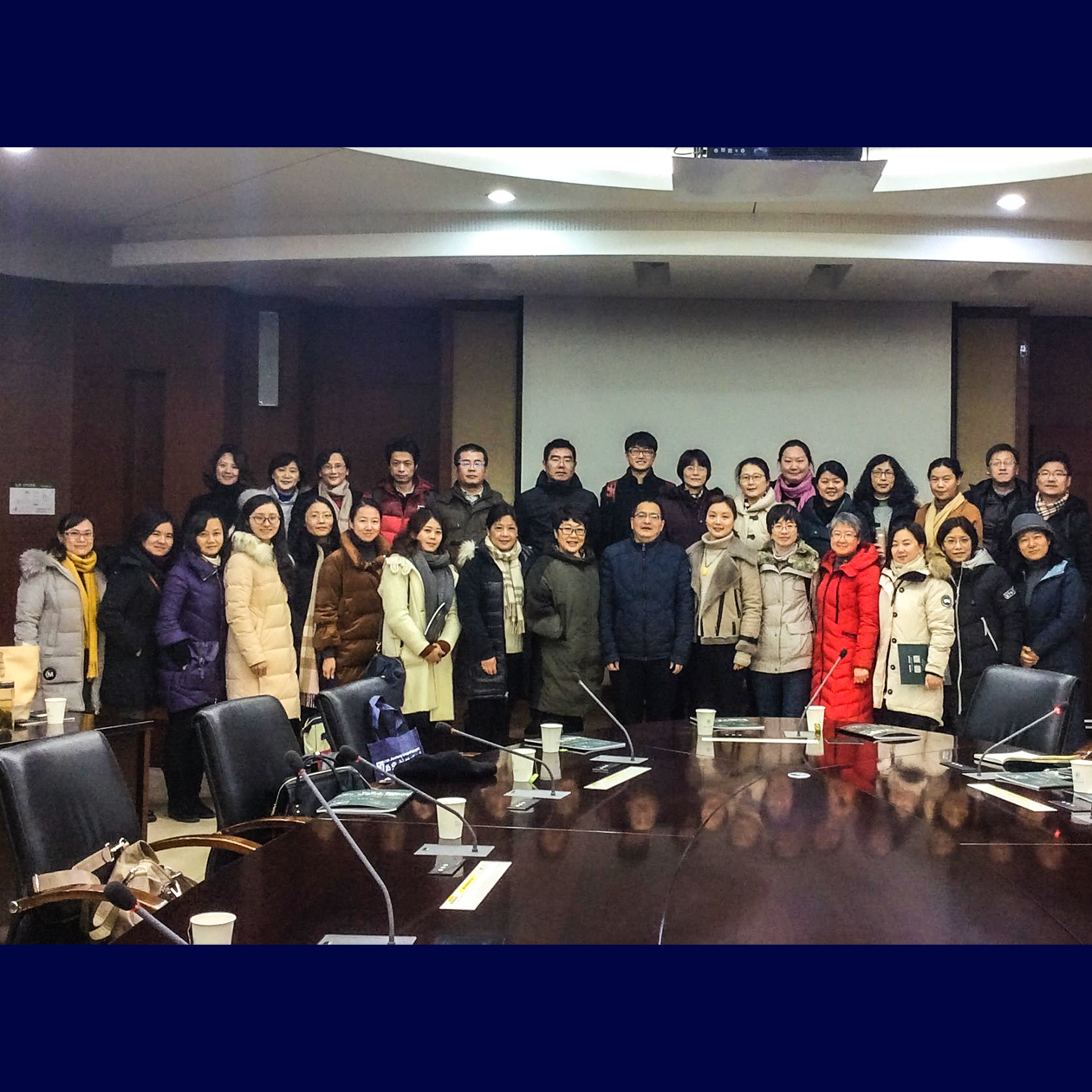About
Programme Background
Elementary education is the basis for cultivating talents and improving the national citizen’s quality. Whether its quality and level can keep up with the time and meet the development needs of internationalization has the decisive influence on national economy and society development. The change of international education cooperation mode, the increasingly completed mechanism for national talents cultivation and the demand for international talents, all bring the unprecedented opportunities for the innovation and international development of the elementary education, making the internationalization of elementary education turn to be a strategic option for facilitating the development and reform of elementary education in China.
Xi’an Jiaotong-Liverpool University (XJTLU) implemented a series of discoveries on integrating the education resources both from the east and the west and facing up the educational challenges in recent years. It has accumulated abundant practical experience in “student-centered” education philosophy, teaching modes, executive supporting system, spreading them to education institutions and organizations nation-wide via training and consultation. In the year of 2013, the affiliated school of XJTLU has been established so that the education discovery can be extended to elementary education filed. It is devoted to discover the international-level elementary education. The Institute of Leadership and Education Advanced Development (ILEAD) hopes to promote the Chinese education reform and the global education development through the advanced research and training on education and leadership based on the exploration and practice of XJTLU. In the actual training, it emphasizes the close link between elementary and higher education.
Starting from 2015, ILEAD has started the exploration on elementary education programme focusing on “leadership” and “internationalization” for facilitating the reform of elementary education and achieving the effective integration of elementary and higher education. Xi’an Jiaotong-Liverpool University, as a highly international higher education institution, possesses the top faculty team, which can implement the language teaching training for various stages. All the trainers hold the top qualifications both on English language teaching and training in the world (Master or PhD Degree of English Education, DELTA, CELTA), they focus on bringing the pioneering teaching philosophies and practices into the schools at home in their training. Meanwhile, all the trainings, whether for university teachers or for management, set the leadership training and promoting participants’ leadership as the core module and the important objective respectively. The training aims to help the participants to become the leaders in the teaching reform and innovation of their respective subject, school and region. Through a series of higher education training programmes, ILEAD has accumulated abundant training experience and established the high-efficient training support team and mechanism; forming the completed training system to provide the valuable experience for the R&D of elementary education programmes.
Programme Highlights
The elementary education programmes held by XJTLU are not only the introduction and spread of knowledge, theory and experience but also to inspire the passion and energy of participants through seminars in the transmodern and humanized environment so that the action plan can be concluded.
-
Professional Training Support Team. The Institute of Leadership and Education Advanced Development (ILEAD) of XJTLU has been established in 2013, which aims to facilitate the reform and development of domestic education by conducting the leading research on leadership and education and the competitive training system for education practitioners. Currently, there are 15 full-time training support staff working for the institute and they can offer the all-around support for various trainings.
-
International Environment. XJTLU, as the few independent legal entity institutions for Sino-foreign cooperative education, enjoys the unprecedented international environment and atmosphere. The teachers and students are from more than 50 countries globally and there are 80% foreign teachers among nearly 900 academic staff. In addition, the working language for the university is English so that the international platform and environment could provide high-quality, comfortable and modernized experience.
-
International Leading Support System for Teachers and Teaching: The support system for teachers and teaching at XJTLU is very completed, which integrated the optimized practices of teacher support from the United Kingdom, the United States of America and Canada and made improvement based on Chinese specific context and the vision for exploring future education of XJTLU. The Higher Education Academy, the global leading institution in supporting teacher professional development, has accredited the practice of XJTLU, which is the only accredited institution at home.
Programme Objectives
-
Lead the participants to think the education and objective in the 21st century
-
Understand the core values of internationalization on talents cultivation
-
Improve the competence of dealing with international business of participants
Core Modules
Module 1: Why Internationalisation: The Trend of Global Education in the 21st Century
Discussing the value of internationalization on elementary education in 21st century, in particular, the demands for the global vision of talents by economic globalization and the restructure of global education system caused by global education resources location and the international competition of educational products. In terms of Chinese elementary education institutions, they can learn from the leading international education philosophies and practices, particularly, the new attempts for students’ learning methods and teachers’ teaching methods of the international community in the internet time.
Module 2: The Essence of Education Internationalization: Promoting Students’ Learning and Development
Main Topics for Discussion: (1) The essential goal for education internationalization: promoting students’ learning and development; (2) discussing the new characteristics of students learning under the impact of globalization, knowledge economy and internet. It makes participants reflect the value of elementary education and explore the education philosophy for the future education and the roles of future teaching and teachers, helping participants to transform from teacher-centered knowledge transmission to student-centered teaching philosophy. The module will mainly discuss how to understand the core value of internationalization on students’ cultivation under the background that internationalization has been the important strategic option for education.
Module 3: The Tactics for Education Internationalization: Three-Level Internationalization
Three-level objectives and core index of internationalization are to be discussed: improve students’ ability to compete internationally, constructing international campus environment and atmosphere, absorbing more international resources and elements.
Module 4: The Strategies for Education Internationalization: How to Promote the Level of Internationalization
Mainly discussing: (1) International cooperation and partnership; (2) Communication and exchange of international cooperation; (3) Management of international staff. Discussing how to expand and build the international cooperation relationship, foreign-affairs liaison and reception, conducting international academic exchanges and the recruitment and management of internationalization faculty team; talking about how to improve the cultural sensitiveness of foreign-affairs administrative staff, adopting the working environment of diversified culture, facilitating the communication and collaboration of trans-departments.
Module 5: The Evaluation of internationalization Leadership
The module mainly improves participants’ self-recognition on internationalization leadership in their respective institutions, locating their practices better. It divides the internationalization proficiency of principles’ leadership into five dimensions: international horizon, international tactics, international exchanges, international platform and international cooperation. The principles’ comprehensive ability can be improved by the international leadership evaluation including: proposing the international cultivation objectives, mastering the international education philosophies, designing the international course, adopting the international teaching methods and conducting the effective international cooperative education.
Contact
Contact Person:
Ms Yang Qinghua
0512 88161806 Qinghua.Yang@xjtlu.edu.cn
Ms Tang Yu
0512-81884757 Yu.Tang@xjtlu.edu.cn
Address: Room 811, International Research Centre
111 Ren’ai Road, Xi’an Jiaotong-Liverpool University, Dushu Lake Science and Education Innovation Distract, SIP, Jiangsu Province.



